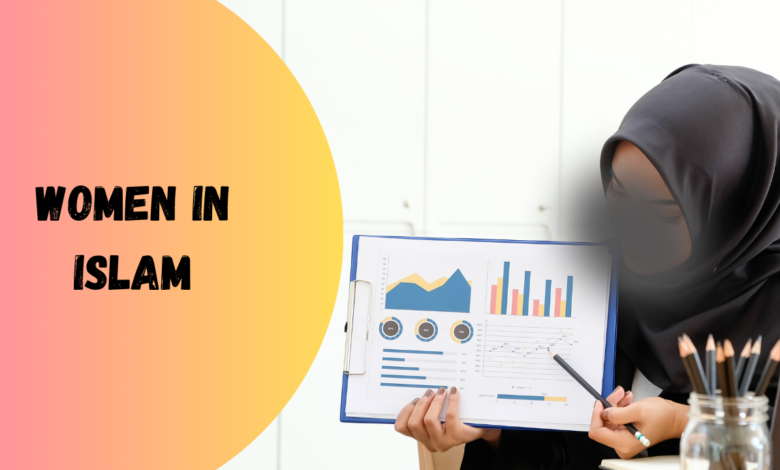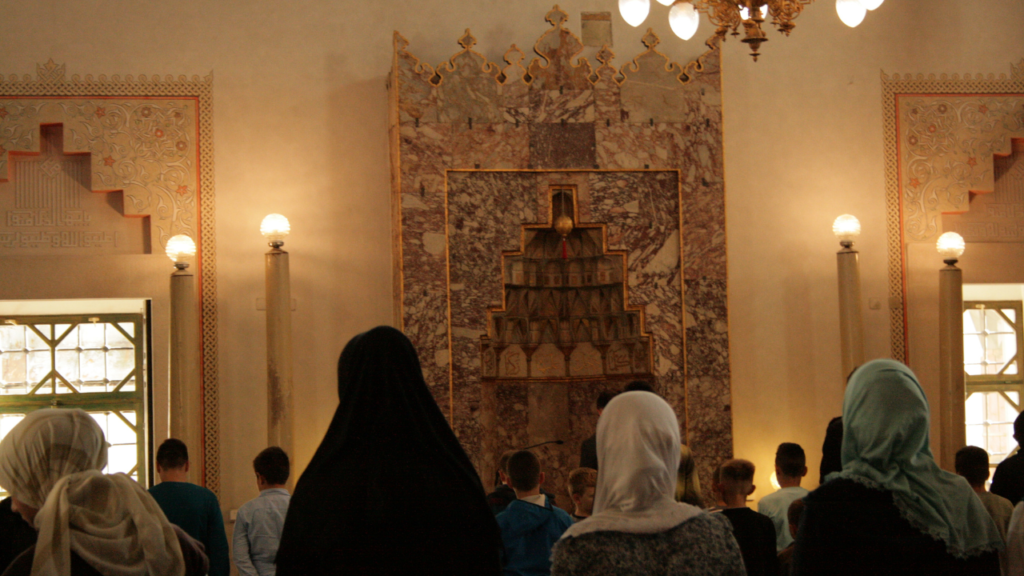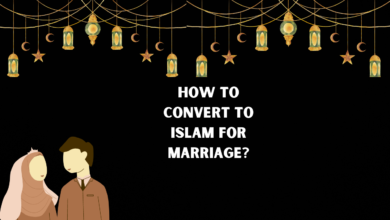
Women in Islam
In Islam, women are considered equal to men in terms of their spiritual worth and moral responsibility. They have rights and responsibilities in various aspects of life, including family, education, and society.

Introduction
The role of women in Islam has been a subject of discussion and debate for many years. Misconceptions and stereotypes often cloud the understanding of the status of women in Islamic societies. In this article, we will explore the rights, roles, and common misconceptions surrounding women in Islam.
Historical Perspective
To understand the status of women in Islam, it’s essential to consider the historical context. In pre-Islamic Arabia, women were often treated as property, and female infants were sometimes buried alive. Islam brought significant changes to the status of women in society. The Quran, Islam’s holy book, emphasized the dignity and rights of women and granted them legal rights that were revolutionary for the time.
Equal Spiritual Standing
In Islam, men and women are seen as equal in their spiritual worth. The Quran explicitly states that both men and women have souls and will be judged based on their actions (Quran 33:35). This concept underscores the idea that spiritual salvation is not gender-specific, and both genders have an equal opportunity to attain it.
Rights and Responsibilities
Islam grants women a set of rights and responsibilities within the framework of a family and society. These include the right to education, the right to work, and the right to own property. In fact, the Prophet Muhammad’s first wife, Khadijah, was a successful businesswoman. Women are also given the right to choose their spouses and cannot be forced into marriage. They have the right to seek divorce under specific circumstances and receive financial support (mahr) upon marriage. Moreover, women can inherit property and wealth, and their financial independence is protected by Islamic law.
Modesty and Hijab
The practice of wearing the hijab (a headscarf) by Muslim women is often misunderstood. It is seen as a symbol of oppression by some, but for many Muslim women, it is a personal choice and a way to express their faith and modesty. The Quran encourages both men and women to dress modestly (Quran 24:31), and the hijab is one manifestation of this principle. It is essential to respect a woman’s choice to wear the hijab or not, as it is a matter of personal faith and identity.
Also Check
- Iman in Islam
- House of wisdom Islam
- What are some similarities between Judaism Christianity and Islam?
- Islamic converts to Christianity
- What conditions were laid between the Muslims and the infidels on the occasion of peace at Hudaybiyah?
Leadership and Scholarship
Contrary to common misconceptions, Islam does not prohibit women from holding positions of leadership or scholarship. Throughout history, Muslim women have played crucial roles in education, politics, and various fields of knowledge. Notable examples include Aisha, one of the Prophet Muhammad’s wives and a renowned scholar, and Fatima al-Fihri, who founded the world’s first university, the University of al-Qarawiyyin, in the 9th century.
Challenging Misconceptions
Unfortunately, misconceptions about the status of women in Islam persist. These misconceptions often arise from cultural practices that are wrongly attributed to Islam. It is essential to differentiate between cultural norms and genuine Islamic teachings when discussing women’s rights and roles in Muslim-majority societies.
Conclusion
The status of women in Islam is a complex and nuanced topic that cannot be reduced to simplistic stereotypes. While challenges and gender disparities do exist in some Muslim-majority countries, it is crucial to separate cultural practices from the core teachings of Islam. Islam grants women significant rights and acknowledges their equal spiritual worth. Women have played essential roles in Islamic history as scholars, leaders, and contributors to society. To promote understanding and gender equality, it is essential to approach the topic of women in Islam with an open and informed perspective.

Frequently Asked Questions About Women in Islam
What is the status of women in Islam?
In Islam, women are considered equal to men in terms of their spiritual worth and moral responsibility. They have rights and responsibilities in various aspects of life, including family, education, and society.
Do women have the right to education in Islam?
Yes, Islam encourages both men and women to seek knowledge. The Prophet Muhammad said, “Seeking knowledge is obligatory for every Muslim.” Islamic history features many prominent female scholars, demonstrating the importance of education for women.
Are women allowed to work in Islam?
Yes, Islam permits women to work as long as their employment aligns with Islamic principles and doesn’t compromise their modesty or religious duties. Many Muslim women pursue careers in various fields.
What is the Islamic stance on women’s rights within marriage?
In Islam, women have the right to choose their spouse and cannot be forced into a marriage. They also have the right to financial support (nafaqah) from their husbands, and their consent is required for the marriage to be valid.
Does Islam promote modesty for women through dress code (hijab)?
Yes, Islam encourages modesty in dress for both men and women. Many Muslim women choose to wear the hijab as an expression of their faith and commitment to modesty, but it’s a personal choice.
Are women allowed to participate in religious activities and leadership roles?
Women can actively participate in religious activities, including attending mosques, praying, and engaging in Islamic studies. While some Islamic traditions limit women’s roles in religious leadership, others allow women to serve as scholars and educators.
What are the rights of women regarding inheritance in Islam?
Islamic law mandates that women have a share of the inheritance, typically half that of men. This is often misunderstood as inequality, but it considers the financial responsibilities of men, such as providing for the family.
Can women initiate divorce in Islam?
Yes, Islam allows women to initiate divorce under specific circumstances, such as when they are mistreated or their marital rights are not being upheld. Islamic law provides a process for divorce (talaq) that both parties can use.
Are honor killings and female genital mutilation (FGM) condoned in Islam?
No, honor killings and FGM are cultural practices, not religious ones. They have no basis in Islamic teachings and are strongly condemned by Islamic scholars and organizations.
How do Islamic societies view and address domestic violence?
Islam condemns all forms of violence, including domestic violence. Many Islamic scholars and organizations work to raise awareness about this issue and emphasize the importance of treating spouses with kindness and respect.





